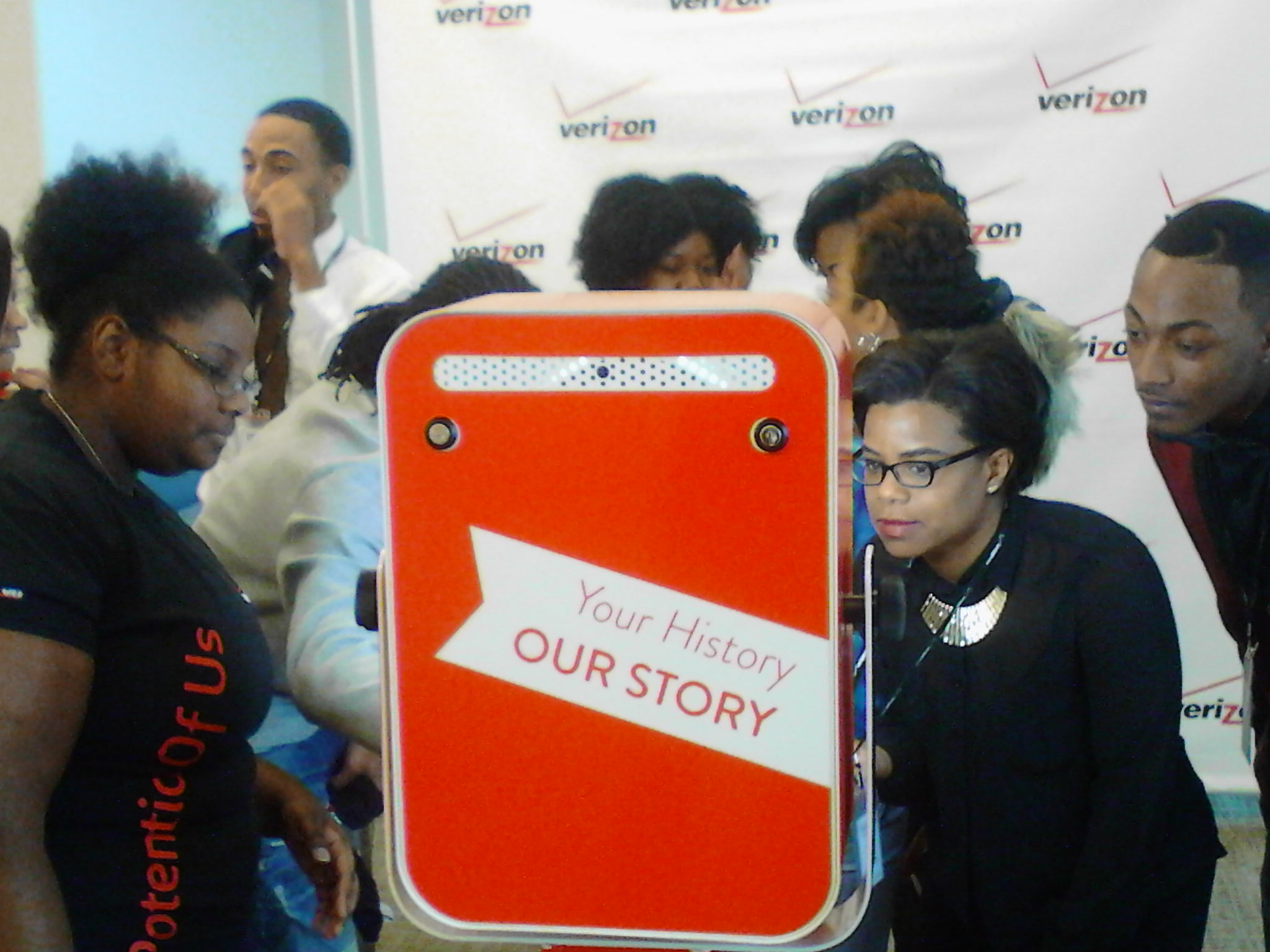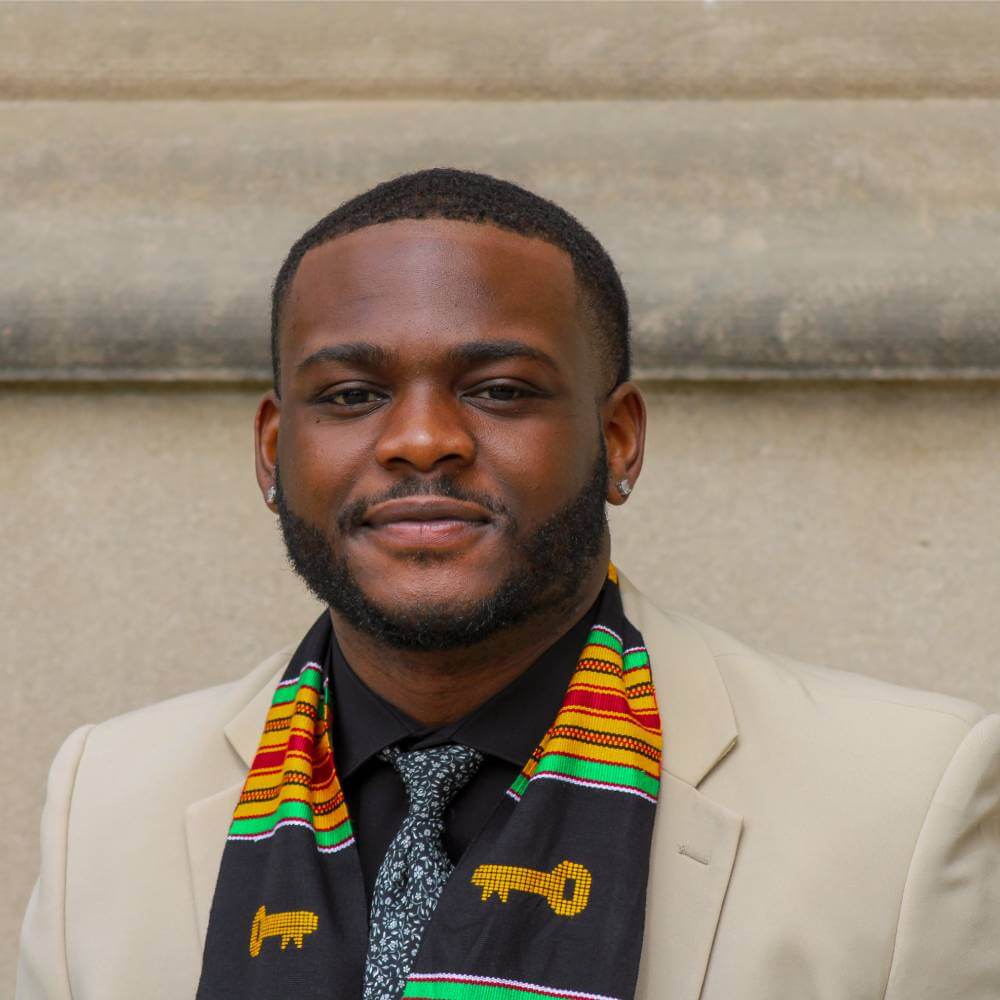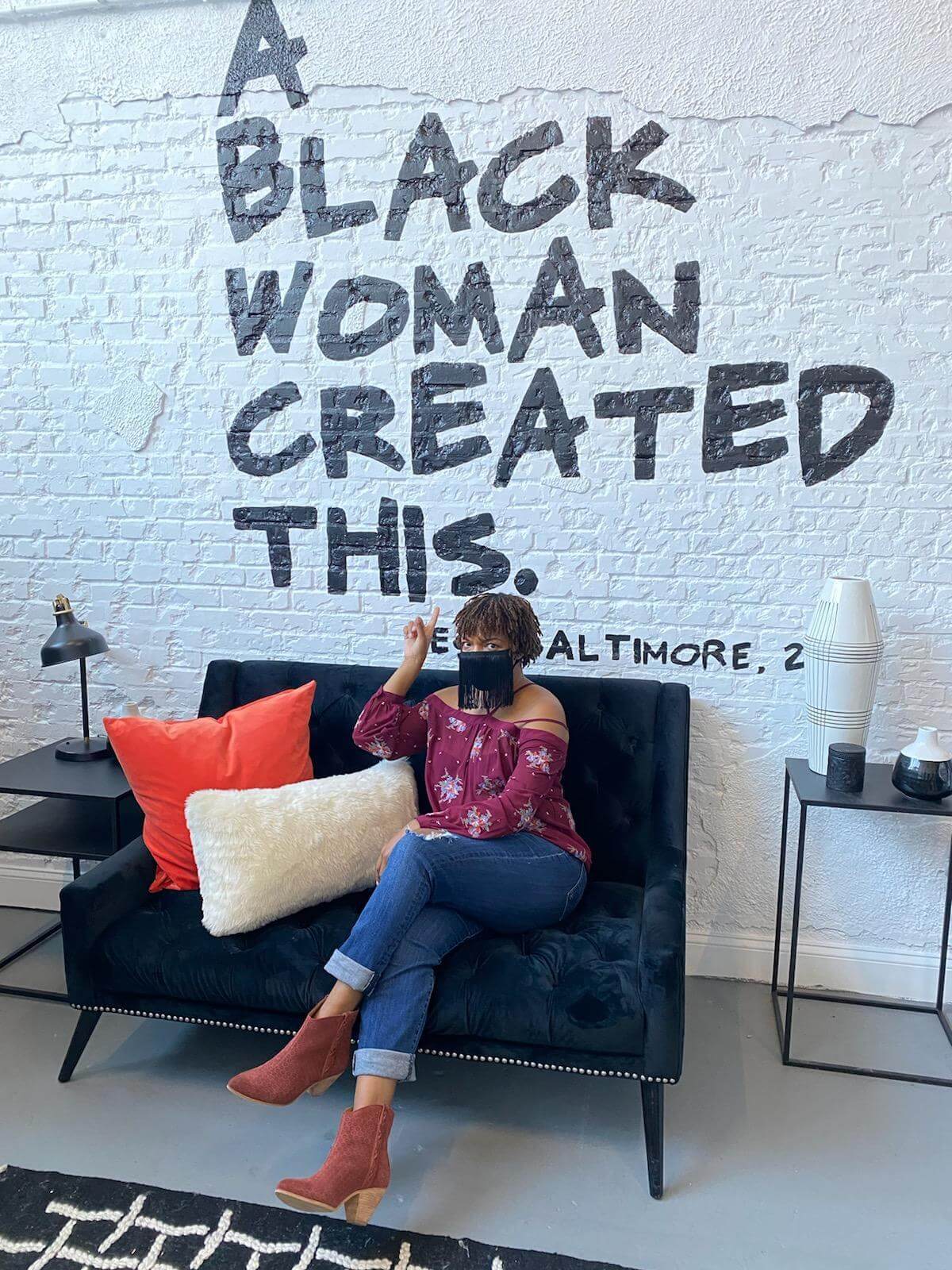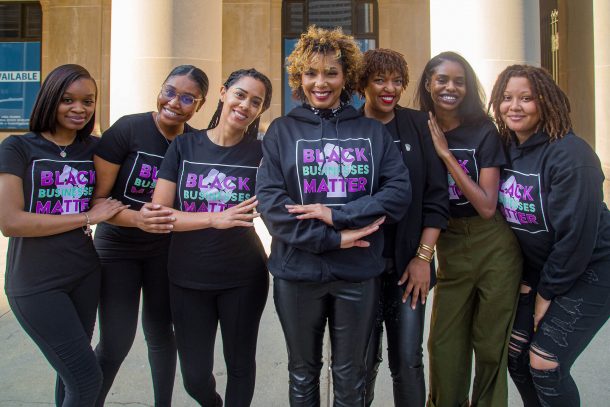After Christmas and New Year festivities, the next big market holiday is Valentine’s Day. Pink and red hearts proliferate every nook and cranny, and the scent of chocolate seems to linger for weeks. But after February 14, brands wait until Easter in April or Mother’s Day in May to really push for new business and drive sales. Many companies miss a whole month of celebration: Black History Month!
Traditionally, Black History Month has felt like payment for an unpayable debt, an awkward period of forced reflection, even a punishment—for white and black people. It is not approached as a month of joy and gladness; rather, it feels heavy and glum, like a remembrance of death. It is a painful and inescapable truth that the history of black people in the U.S is one of inequality and injustice. Often forgotten, however, is that black history, our history, is one of inspiration. It is a difficult story to tell because it requires that we see in one another a history that we did not create, but one that creates us. Whether we accept it or not, we are a product of this history and our present situation is directly correlated to our past. Black History Month is a much-needed exercise in respect, reflection, and hope. There is so much to celebrate if we look beyond the natural discomfort that threatens to steal our collective joy.
Marketing sells an experience. Consumers don’t buy a product simply because it exists. In Sartre’s terms, we hone in on the essence of the product—what it means, what it does, and how it impacts our lives. Black people have immense buying power and desire products that reflect their needs, experiences, and essence. Blackness is an essence and an experience as well. It reflects a growing culture based in African voices and rhythms. It stretches across the world, grabbing hold in the Caribbean and parts of South America and here. It is a living, breathing testament to the strength of humanity to persist. It is a glorious, wondrous, beautiful illustration of a people and our world.
Brands need to stop being afraid of taking part in the celebration. The NBA, a majority black-employed organization, makes a point to highlight its players and our history during this month. Many big brands, such as McDonald’s, Nike, and Nickelodeon, have run campaigns specific to Black History Month and black people. However, after the month concludes, it seems that we again relegate blackness to its own spaces—the ones that were created to keep black people away. But is there anything wrong with black art being a part of McDonald’s décor? Or a pair of Nike’s featuring a bold Ankara print? Or a daily kids’ show engaging American children with Harlem? Shouldn’t black history be so pervasive that it cannot be contained in a month?

The reality is that many of us can benefit and enjoy black culture without fear of appropriation or disrespect. When black history becomes our history, black people become our people. February should be a time of black celebration, as should every other month of the year. An understanding of our past gives us an appreciation for our present; an appreciation for our present gives us an obligation for our future.














